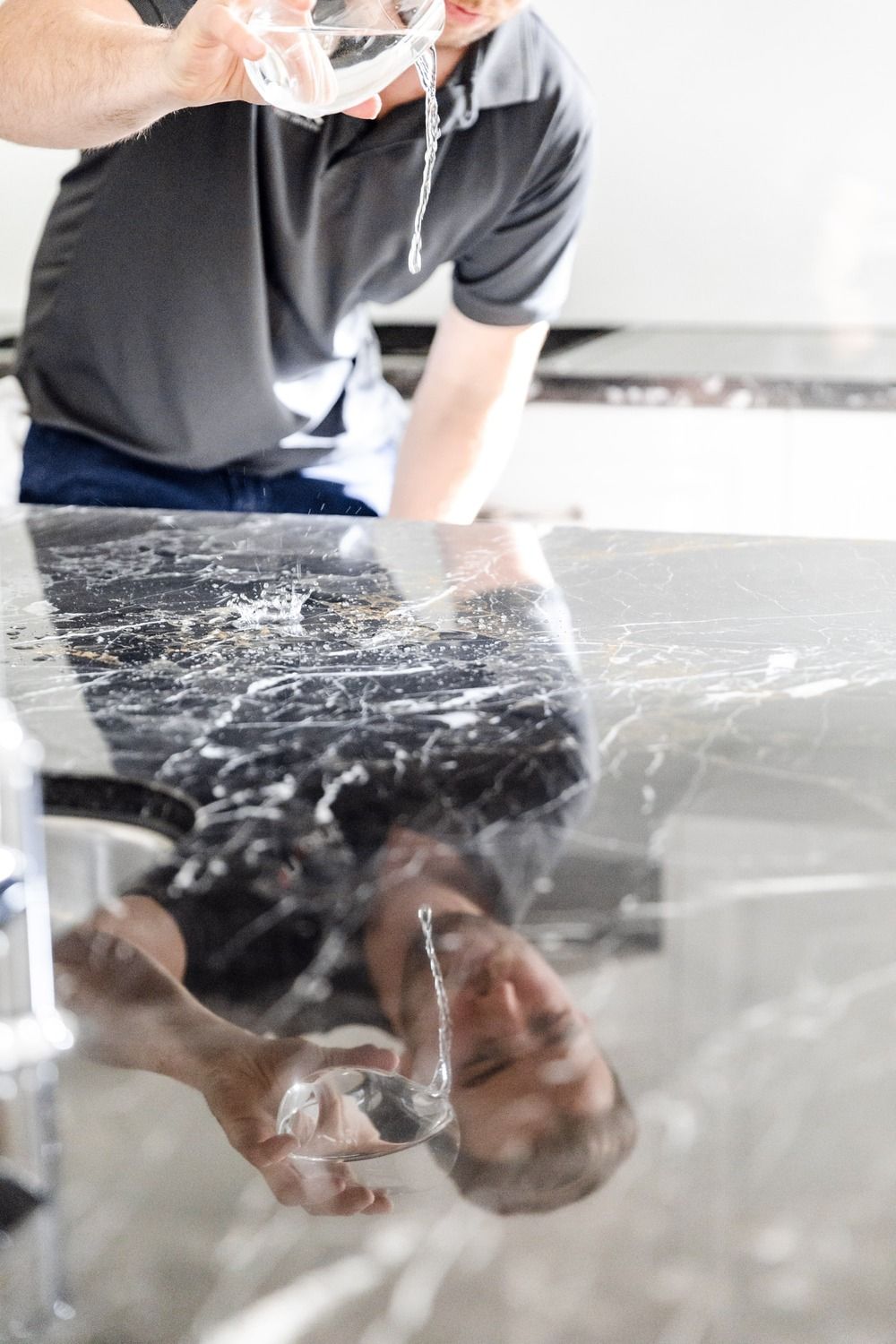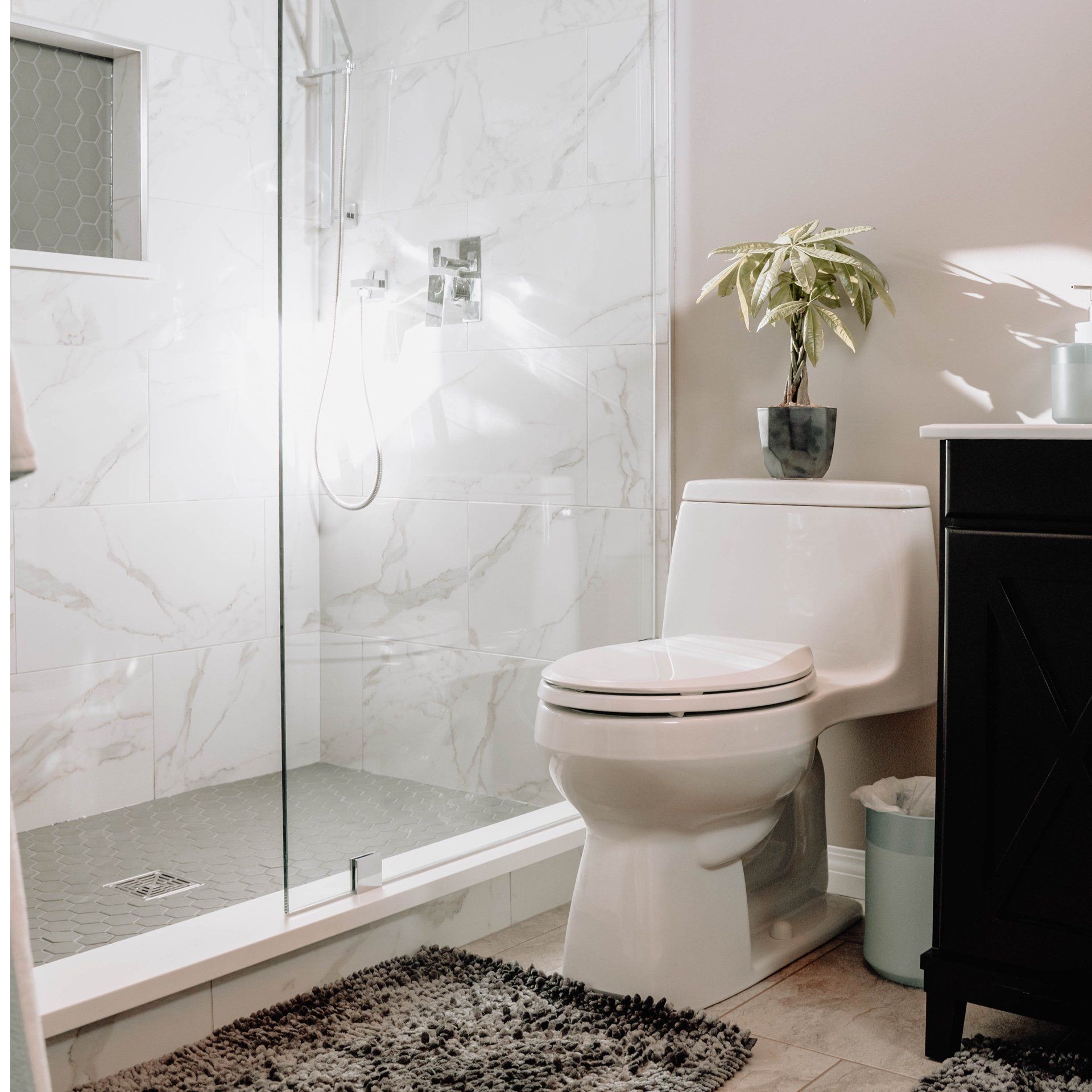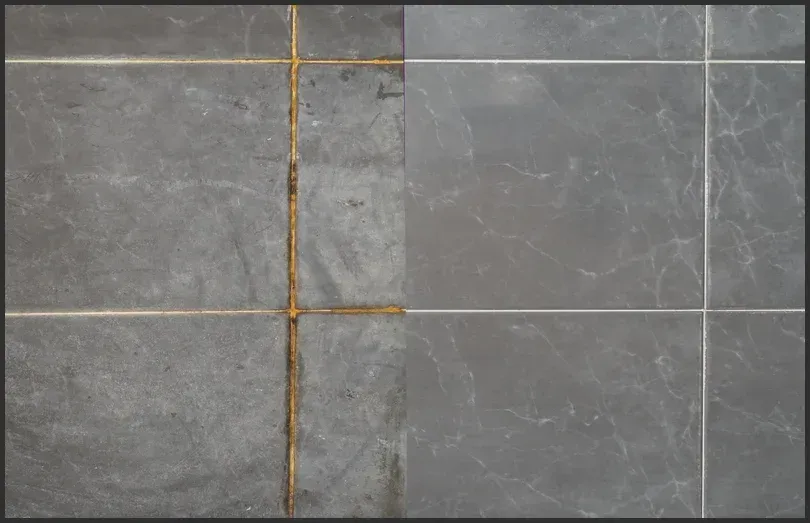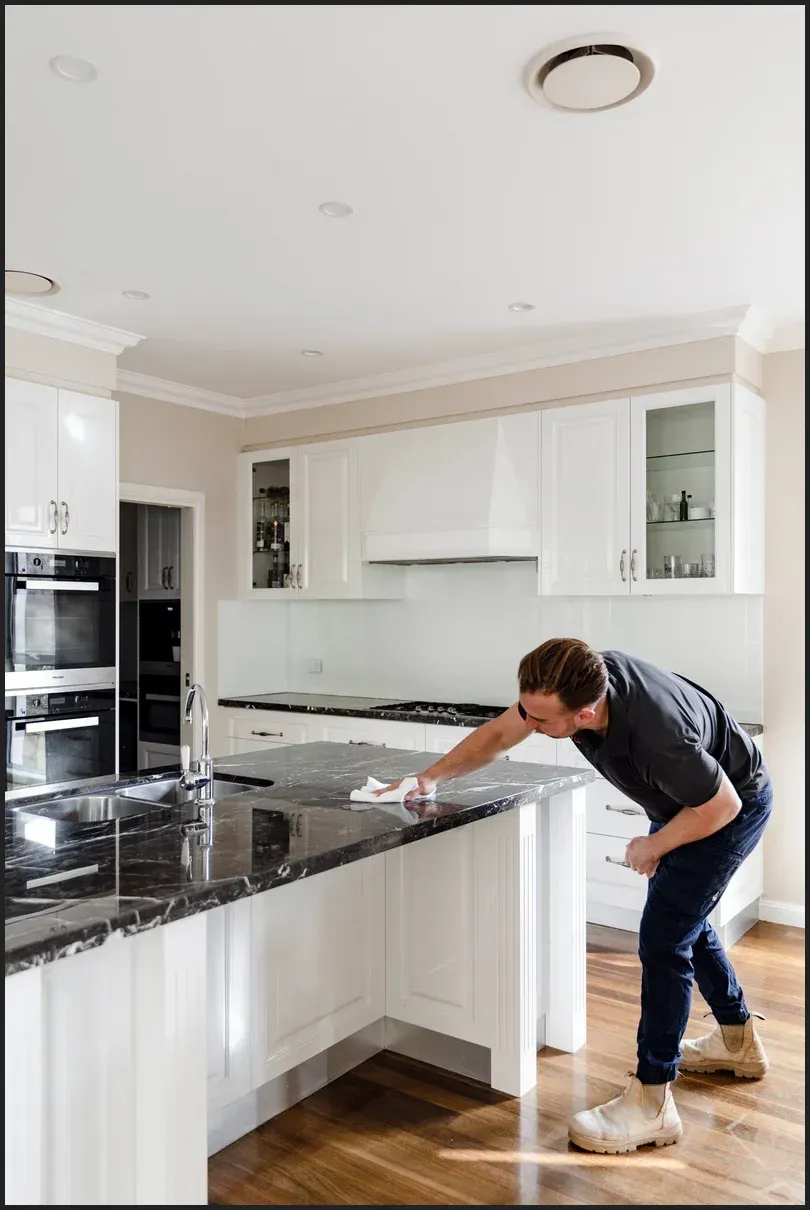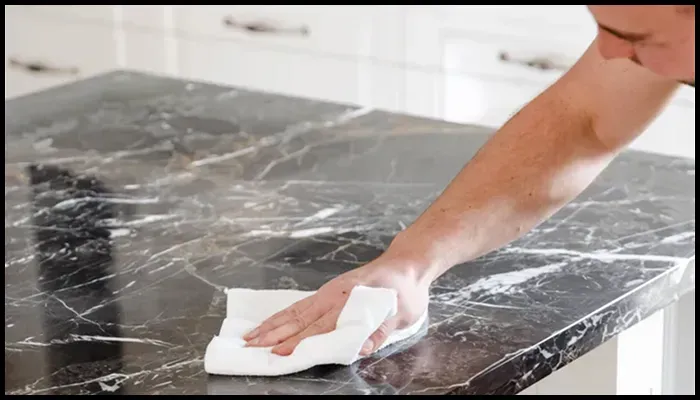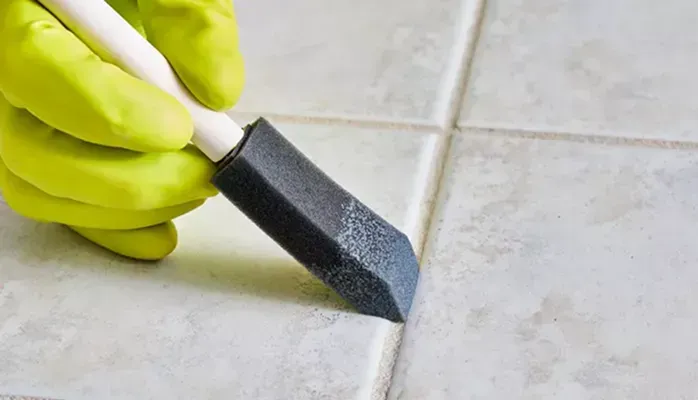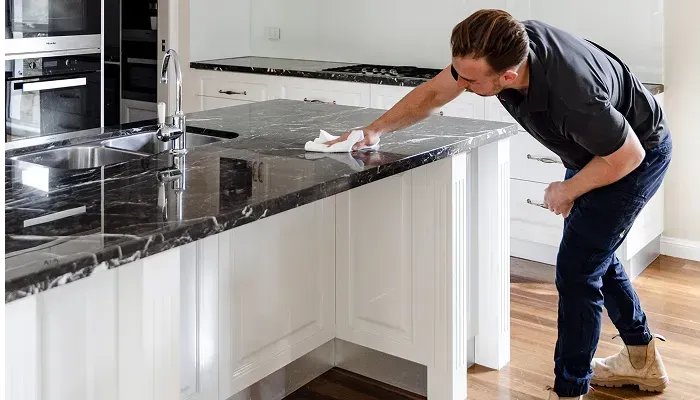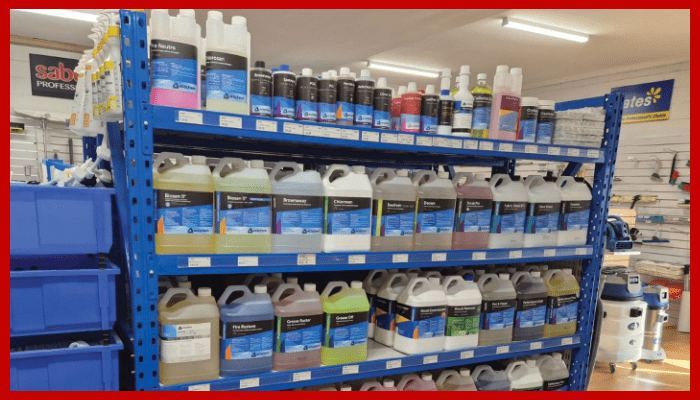The Benefits Of Cleaning and Sealing Stone Around Your Pool.
The benefits of cleaning and sealing stone around your pool.
Table of Contents:
- Enhanced Aesthetic Appeal
- Protection Against Water Damage
- Slip Resistance and Safety
- Extended Lifespan of Pool Pavers
- Protection from Harsh Chemicals
- Easier Cleaning and Maintenance
- Protection Against Stains
- Prevention of Structural Damage
- Choosing the Right Sealant
- Maintaining Visual and Structural Integrity
- Conclusion
- FAQs
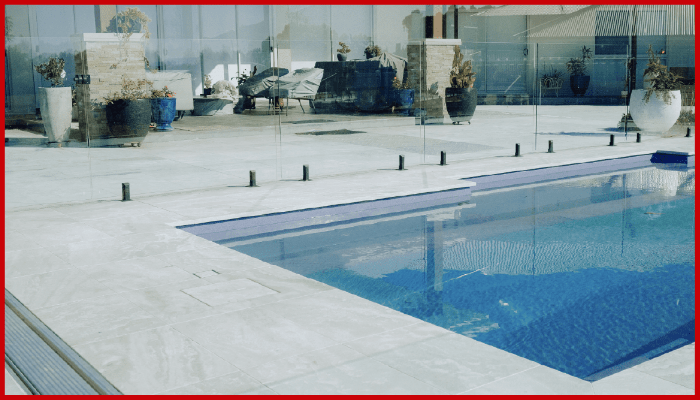
To preserve the natural beauty and structural integrity of your pool area, regular care is essential.
Cleaning and sealing the stone around your pool is one of the most effective ways to achieve this.
Whether your pool deck is made of natural stone, concrete, or travertine pavers, proper maintenance helps protect against water damage, harsh weather effects, and unsightly stains.
1. Enhanced Aesthetic Appeal
Regular cleaning and sealing preserve the natural beauty of your stone pool surrounds.
Over time, exposure to UV rays, pool water, and pool chemicals can dull the visual appeal of pool pavers and stone tiles.
A high-quality sealant restores their aesthetic appeal, making your pool area a more inviting outdoor space.
2. Protection Against Water Damage
Sealing acts as a protective barrier, preventing water absorption that could compromise the structural integrity of your pool's coping and pavers.
Pool water, combined with harsh chemicals, can lead to potential damage if the stone isn't properly sealed.
Sealing solutions provide a protective layer that helps prevent damage caused by freeze-thaw cycles, particularly in colder climates.
3. Slip Resistance and Safety
Sealing the stone around your pool enhances slip resistance, a crucial safety feature for pool owners.
Stones, especially when wet, can become slippery, posing a hazard for those walking around the pool.
By using the right penetrating sealer, you not only protect the stone from the elements but also provide a non-slip surface, reducing the risk of accidents.
4. Extended Lifespan of Pool Pavers
Proper cleaning and sealing can extend the life of your pool decking and surrounding stones.
High-quality sealers protect against wear and tear caused by foot traffic, pool chemicals, and the environment.
This minimal maintenance approach ensures your stone pavers stand the test of time, preserving your investment in outdoor living spaces.
5. Protection from Harsh Chemicals
The stones around your pool are constantly exposed to chlorine and other pool chemicals.
Over time, these chemicals can degrade the stone's surface, leading to discolouration and significant damage.
A protective sealant creates a barrier that shields your stone pool from these harsh chemicals, keeping your pool area looking pristine.
6. Easier Cleaning and Maintenance
One of the most significant benefits of sealing stone is how much easier it becomes to clean.
Sealing services provide a smooth, sealed surface that prevents dirt, debris, and organic matter from penetrating the stone.
This reduces the time and effort needed for paver cleaning.
Regular maintenance involves using pH-neutral cleaners and a soft brush to remove debris without causing abrasion.
7. Protection Against Stains
A high-quality sealer helps prevent unsightly stains from forming on your pool's stone surfaces.
Stains from organic matter, such as leaves, can be difficult to remove if the stone is left unsealed.
By sealing the stone, you ensure that these potential stains can be cleaned easily, maintaining the stone's visual appeal.
8. Prevention of Structural Damage
Proper cleaning and sealing also protect your stone surfaces from the elements.
Stones that are left unsealed are more susceptible to cracking and significant damage due to freeze-thaw cycles, especially in colder months.
Regular sealing ensures the stone maintains its structural integrity, keeping your pool deck safe and intact for years to come.
9. Choosing the Right Sealant
Selecting the right sealant for your specific type of stone is crucial for achieving the best results.
Whether you have natural stone pavers, concrete pavers, or limestone pavers or are undergoing
marble floor restoration
and
terrazzo restoration,
each stone type has different maintenance requirements.
Consult a professional to determine the appropriate types of sealers and ensure the proper application will guarantee lasting protection and a sealed surface that looks great.
10. Maintaining Visual and Structural Integrity
Cleaning and sealing not only preserve the visual appeal of your pool area but also its structural integrity.
Over time, water absorption, combined with foot traffic and harsh weather conditions, can cause erosion and deterioration of stone surfaces.
Sealing helps maintain both the look and durability of your coping material and pool surrounds.
Conclusion
The benefits of cleaning and sealing stone around your pool are numerous, from improving safety and aesthetics to extending the life of your pool deck.
Proper maintenance is key, whether it's for slip resistance, protection from water damage, or preserving the natural beauty of your stone.
By opting for professional sealing services and choosing a high-quality sealant, you'll enjoy a well-maintained pool area that remains beautiful and safe for years.
If you want to maintain your pool area's longevity and beauty, consider contacting a professional for sealing services and request a free quote for your pool stone maintenance.
Frequently Asked Questions (FAQs) – Cleaning and Sealing Stone Around Your Pool
Why is cleaning and sealing the stone around my pool important?
Cleaning and sealing the stone around your pool offers numerous benefits, including protecting against water damage, enhancing the natural beauty of the stone, and improving slip resistance. Sealing acts as a protective barrier, safeguarding your pool surfaces from the effects of harsh weather conditions, pool chemicals, and everyday foot traffic.
How often should I clean and seal the stone around my pool?
It's recommended to perform stone cleaning regularly, at least once a year, followed by sealing every 2–3 years, depending on usage and exposure. A professional Cleaning Service can help with thorough cleaning and ensure the proper application of paver sealers.
Can I clean the stone around my pool with a pressure washer?
While a pressure washer can be used, it's essential to follow the manufacturer's instructions to avoid damaging the stone. Too much pressure can erode the surface, so using a cleaning solution designed for stone surfaces is better, followed by a light rinse with clean water is better.
What types of stone can be sealed around a pool?
Many types of stone can be sealed, including natural stone pavers, concrete pavers, Pool Tile, and Travertine Pavers. The right sealing products should be chosen based on the stone's specific needs to ensure long-lasting protection.
What is the process for sealing pavers around the pool?
The process begins with a thorough cleaning of the pavers, removing any dirt, debris, or stains. Once clean, a high-quality stone sealer is applied. The sealant acts as a shield, protecting against water penetration and UV rays. After sealing, avoiding walking on the surface is recommended until the sealant fully cures.
Will sealing help with stain removal?
Yes, applying an enhancing sealer helps prevent stains from penetrating the stone, making future stain removal much easier. The sealed surface repels oil, dirt, and organic matter, ensuring that spills and stains can be wiped away more effectively.
Can sealing improve the appearance of my pool area?
Absolutely. Sealing enhances the visual appeal of the stone by bringing out its natural colours and providing a clean, polished finish. This is especially true for outdoor areas like pool decking, where the aesthetic appeal is crucial.
What are the best maintenance tips for sealed stone surfaces?
For proper maintenance, regularly sweep away debris and use pH-neutral cleaners to avoid damaging the sealant. Reapply the sealant every few years and avoid using harsh chemicals that can degrade the protective layer. Consulting a comprehensive guide or professional for Maintenance Tips is highly recommended.
What should I look for in a professional stone sealing service?
Look for a service that offers expertise in pool coping sealing, stone cleaning, and high-quality sealing products. Ensure they understand your specific needs and follow the manufacturer's instructions for the best results. Don’t hesitate to submit an enquiry form to ask questions or get a free quote.
Are there different types of sealers for pool stones?
Yes, there are different types of sealers depending on the type of stone and its exposure to the elements. Common options include penetrating sealers and enhancing sealers, which both provide protection but offer different finishes. Your choice should be based on your pool design, stone type, and outdoor areas.
What is the difference between penetrating and enhancing sealers?
Penetrating sealers absorb into the stone, protecting it from the inside while maintaining its natural appearance. Enhancing sealers not only protect but also enhance the colour and texture of the stone, giving it a more vibrant look, ideal for outdoor areas around the pool.
